From the steam engine to Artificial Intelligence (AI), history has shown that technological breakthroughs are the backbone of great economic transformations.
Today, we are living in the midst of a digital revolution, where technology is no longer a single industry but has become a core force shaping the global economy.
Technology is rewriting the rules of the game in how businesses operate, countries trade and wealth is distributed, creating unprecedented growth opportunities. But at the same time, it is posing significant challenges to the social fabric.
The historical flow of technological revolutions
To understand the current context, it is necessary to look back at the historical flow of previous technological breakthroughs.
This journey began with the Industrial Revolution in the late 18th century, which marked a historic shift from manual labor to machine production. This change ushered in an era of high efficiency and mass production.
Then, the advent of communication technologies such as the telegraph and telephone erased geographical distances, allowing businesses to connect instantly with suppliers and customers across the globe. The 20th century accelerated this trend with the advent of personal computers and the internet, which automated internal processes and opened up revolutionary channels of interaction with customers.
And the explosion of e-commerce with giants like Amazon and Alibaba has truly leveled the playing field, allowing small businesses to compete globally without being limited by physical space.
In today's digital age, social media platforms like Facebook and Instagram have become a direct bridge, helping businesses build their brands and interact with customers in real time.
Now, the world is on the threshold of the next transformation, which is Artificial Intelligence (AI). AI - especially generative AI, is expected to revolutionize every field, from customer service, content creation to complex data analysis, breaking all known limits in the digital economy.
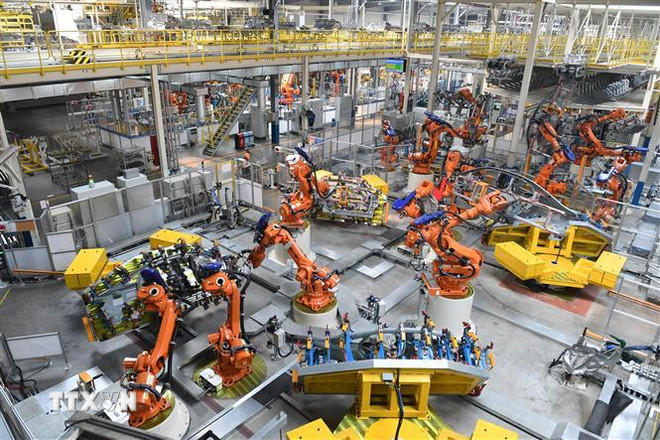
Technology: The Lever for Modern Economic Growth
In the modern world, technology is a key driver of growth and productivity. Digital advances, from cloud computing to advanced data analytics, have empowered businesses to optimize operations, cut costs, and innovate at breakneck speed. For example, cloud computing has transformed data storage and processing, allowing businesses to access vast amounts of computing power without making large investments in physical infrastructure. This flexibility allows companies to scale quickly and adapt to market changes.
In addition, advanced data analytics provides a sharp competitive advantage. In the era of big data, the ability to "decode" huge data sets helps businesses understand customer behavior and grasp market trends, thereby creating accurate data-based strategies.
The impact of AI, especially generative AI, is predicted to be huge. A recent study by global management consulting firm McKinsey found that applications like ChatGPT and Midjourney could contribute between $2.6 trillion and $4.4 trillion a year to the global economy. When deeply integrated into workflows, the technology could boost productivity by up to 40%.
Generative AI will be an essential tool to boost productivity and drive economic growth, according to Anna Katariina Wisakanto, a digital consultant at McKinsey. This view is reinforced by a report by the McKinsey Global Institute, which forecasts that digitalization in general could add $3 trillion to global gross domestic product (GDP) by 2030.
Double problem for the labor market
While driving economic growth, technology is also profoundly reshaping the global labor market, creating a complex double whammy: both replacing old jobs and creating new roles. Automation and AI are increasingly capable of performing tasks once performed by humans, raising concerns about job security, especially in sectors such as manufacturing and transportation.
A study by the World Economic Forum (WEF) predicts that automation could displace 85 million jobs by 2025, but will also create 97 million new roles, mainly in areas such as data analytics, software development and AI research.
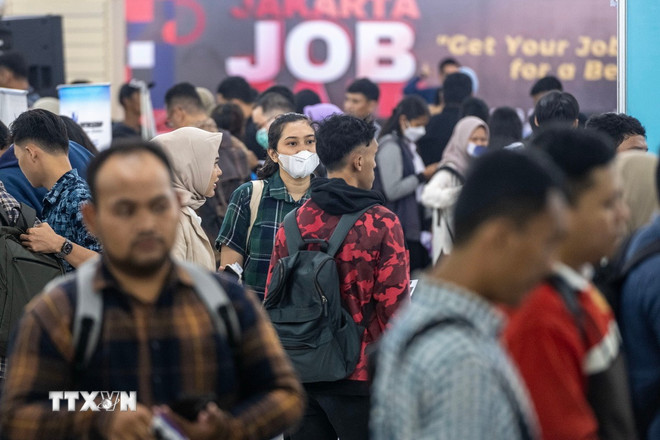
This shift highlights a core challenge: new opportunities require workers to have higher levels of digital skills and education, creating a potential skills gap that society needs to address through education and continuous upskilling.
The rise of the gig economy, with platforms like Uber and Upwork, has also complicated the global job landscape. While offering flexibility, these platforms often lack the job security and traditional benefits of traditional full-time jobs. They have sparked debates about the nature of work in the digital age and the need for policy reforms to protect workers.
Promoting global trade and innovation
Technology has revolutionized global commerce, breaking down physical barriers and driving international trade to unprecedented levels. E-commerce platforms allow businesses of all sizes to access global markets, while fintech innovations have made cross-border transactions faster, cheaper and more secure.
The rise of global value chains is a clear example of this digitalization, where production is distributed across the world. A smartphone can be designed in the US, assembled in China and sold in Europe. This interconnectedness has promoted economic integration and helped developing countries participate more deeply in the global economy.
Above all, the lowering of barriers to entry has fueled the entrepreneurial spirit, allowing fledgling companies to start businesses with minimal costs and reach customers worldwide.
The dark side of development
But along with the enormous benefits, the rapid advances in technology have also brought a dark side: increasing inequality. Technological advances have disproportionately benefited highly skilled workers in developed economies, widening the income gap between them and low-skilled workers whose jobs are most vulnerable to automation. This has led to a concentration of wealth in technology hubs like Silicon Valley and in the hands of tech giants like Google and Apple.
Internationally, the digital divide remains a worrying reality. While some developing countries, including China and India, have successfully leveraged technology to drive economic growth, many others are still lagging behind due to poor infrastructure, limited internet access and low literacy levels. Closing this gap is essential to ensure that the opportunities of the digital economy are distributed more equitably around the world.
There is no denying that technology is the engine of the modern global economy, boosting productivity, reshaping industries, and connecting markets in ways previously unimaginable. But the road has not been all roses.
As technology reshapes labor markets and redraws the boundaries of global trade, it also brings challenges to inequality and social mobility. Navigating this new era will require a concerted effort from governments, businesses and individuals to embrace innovation, promote continuous learning and implement policies that ensure the vast benefits of technology are shared by all./.
Source: https://www.vietnamplus.vn/khi-cong-nghe-viet-lai-luat-choi-cua-kinh-te-toan-cau-trong-ky-nguyen-so-post1049983.vnp





![[Photo] Cat Ba - Green island paradise](/_next/image?url=https%3A%2F%2Fvphoto.vietnam.vn%2Fthumb%2F1200x675%2Fvietnam%2Fresource%2FIMAGE%2F2025%2F12%2F04%2F1764821844074_ndo_br_1-dcbthienduongxanh638-jpg.webp&w=3840&q=75)




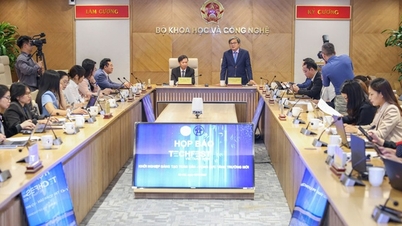

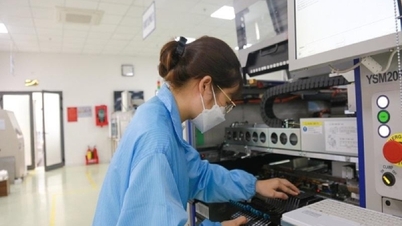













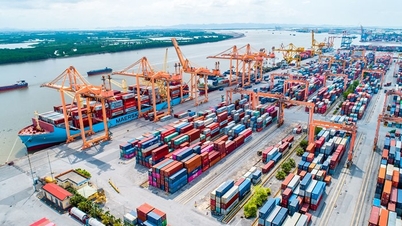




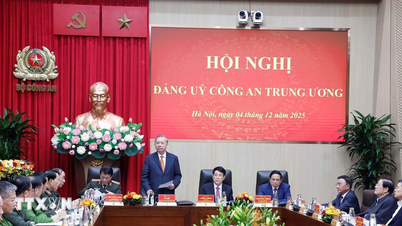








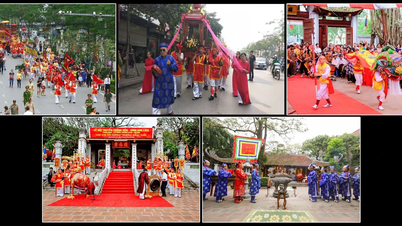












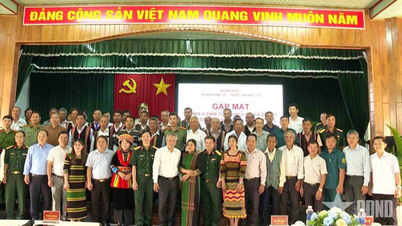



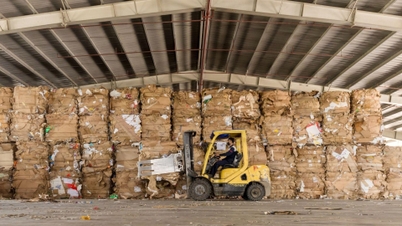

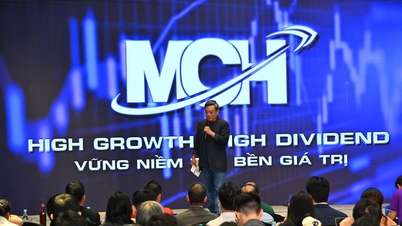






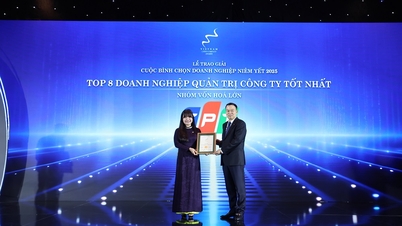









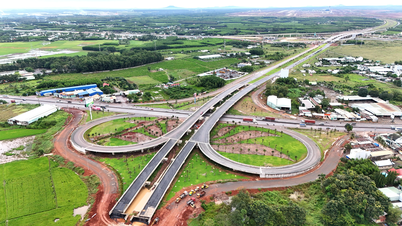






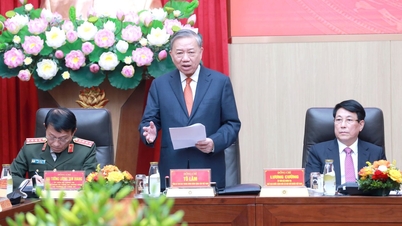

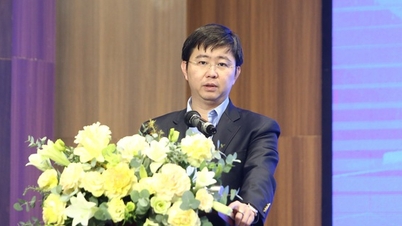

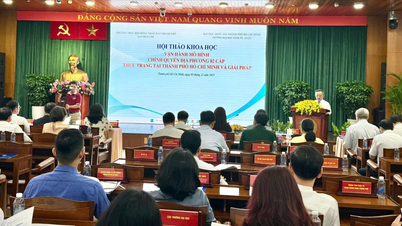



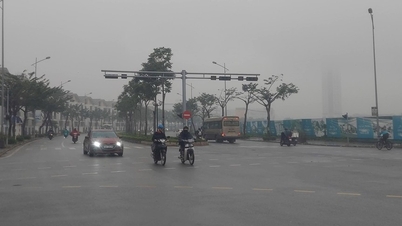


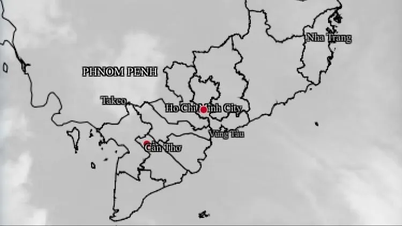
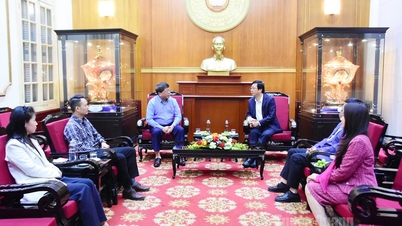














Comment (0)